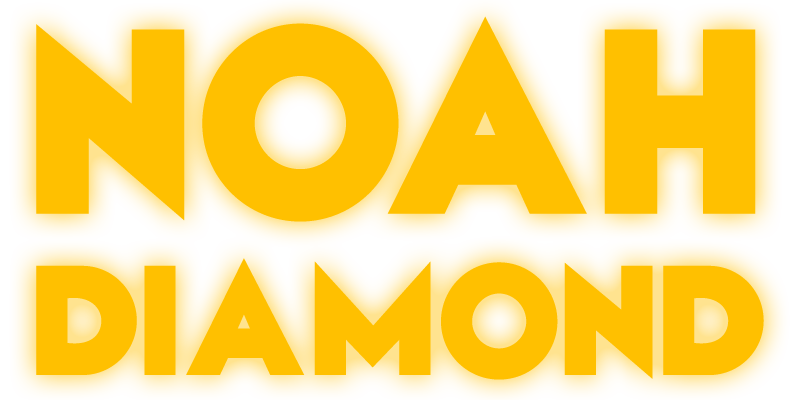Pintele Update 5
Since the last update, I’ve recorded all seven scripts — but this doesn’t mean I’m done recording, or even close. There are many things to re-record, to improve the performance, accommodate rewrites, or both. I’ve been working quickly, just to get it down, and what I’m assembling now is like an aural rough draft of the whole series, to be refined and rebuilt.
This weekend I’ve finished rough mixes of the first two episodes, so I suddenly have a much better sense of what Pintele is, and how it will sound.
I feel confident about most of the material, but nervous about certain sections which cover divisive topics. There is some tricky, challenging stuff here. But this project is partly about confronting difficult questions; in the intro, I say, “It would be easier not to talk about this, so let’s talk about it,” and that’s the guiding premise.
Judaism, too, is concerned with asking questions, and that’s one of the things I like about it. I’m not religious (oh, more on that soon), but I appreciate the fact that Judaism does not demand unquestioning faith; it encourages the asking of questions and fosters a spirit of intellectual inquiry. This is a clear connection between Judaism and Jewishness, and a theme of Pintele. There’s stuff in the god/religion chapter (Part Two, “God and Other Gods”) and in the contemporary politics chapter (Part Six, “Tyrants Disappearing”) which not everyone will love. But I hope I’m presenting it in a way that’s fair, friendly, and entertaining even if you don’t agree with everything I have to say.
I don’t want to give the impression that Pintele is all about discomforts and controversies. I think a good deal of it is sweet and funny — full of childhood recollections, observational humor, and light cultural criticism. And music! There’s no original music (though at one point I was writing songs for Pintele, and they may be heard in some future incarnation), but I think the series makes good use of music, and that’s one of the pleasures of these first two episode assemblies.
It’s hard to say, at this point, how realistic it will be to keep the schedule I suggested in December: finish recording by the end of February, and release the first episode before the end of April. If the process reveals that I need another month or two, so be it — but I don’t want to fiddle with it forever; there’s a certain urgency to this, and I do want to finish it and get it out soon.
I keep explaining that I post these updates as an accountability tool, and not because I think anyone is clamoring for information. But friends keep asking about Pintele with what seems like genuine enthusiasm, and I’m extremely grateful for that. Thank you for the encouragement, and the sense that people might actually be interested in hearing this when it’s finished! That really means a lot.
Oh, I forgot to explain the photo! Taken circa 1945, it shows (left to right) my Grandma Red (Estelle Lerner, nee Ragovin), my great Aunt Sarah (Brody, nee Ragovin), and their mother, Grandma Jennie (Ragovin, nee Axelrod). The story is largely about these three women: Jennie, who carried a broken heart across an ocean, and her two daughters, who marched through the twentieth century as living embodiments of religious Judaism (Sarah) and cultural Jewishness (Red). You will meet them soon.
“A shtetl iz Amerike / A mekhaye, khlebn” (“America is a shtetl / It’s a pleasure, I swear”) — from “Lebn Zol Columbus” (Boris Thomashevsky, 1915), later quoted in Lynn Ahrens’ lyrics for Ragtime.

